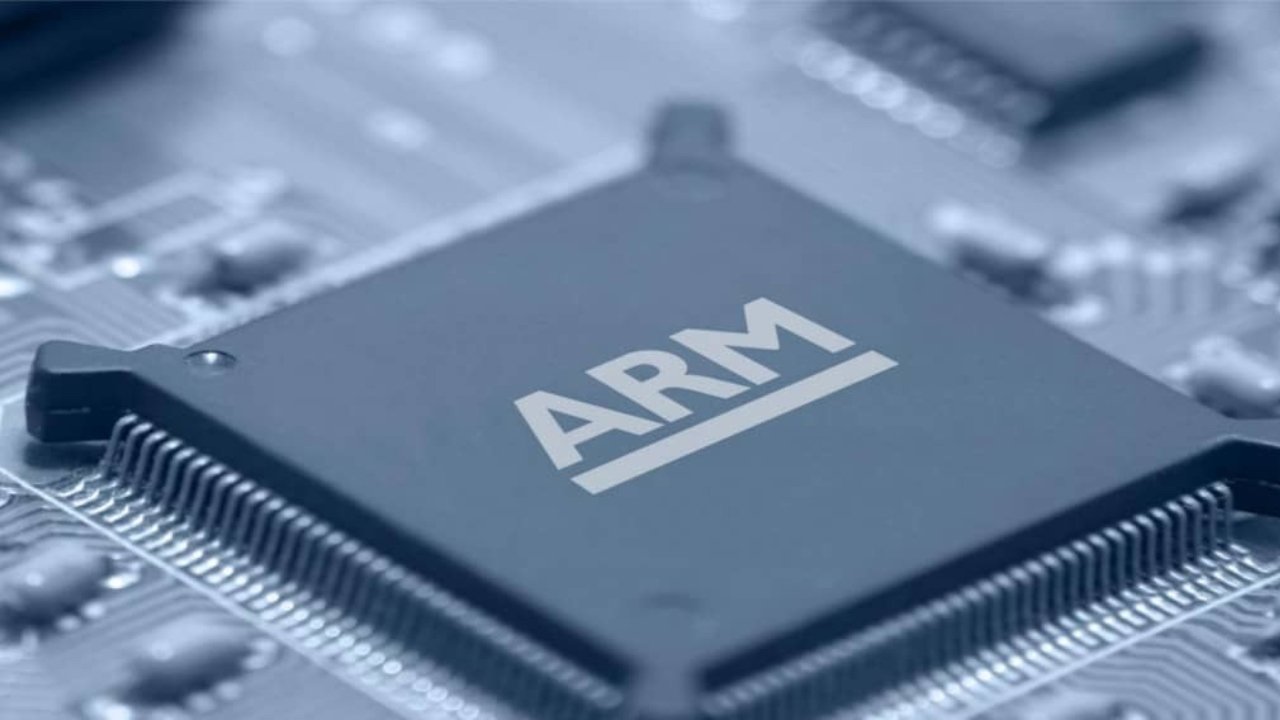Nvidia backed off the purchase of Arm after facing a difficult regulatory environment, but the new Arm CEO claims that having to go it alone won't hamper plans for the future.
The current owner of Arm, Softbank, will take Arm public to unload the company later in 2022. Even though Nvidia failed to complete the $66 billion purchase, it will remain a key customer for the company.
In an interview with BBC News, new CEO Rene Haas spoke about Arm's return to independence and how that will shape the road ahead. He is very excited for the future and says there isn't an end market for Arm.
"We are very excited about the future for Arm as an independent company again," said Haas. "There isn't anything Nvidia and Arm could do together that we can't do by ourselves."
He blamed the failed Nvidia acquisition on a challenging regulatory environment. Despite that, Nvidia will remain a customer with its continued 20-year license agreement with Arm.
Now, Haas is looking ahead to other markets that will see high demand for semiconductors. The two he points to are cloud computing and automotive.
"Those two markets are seeing a huge amount of growth and really have the same characteristics to that of the smartphone," Haas said. "They both need more and more compute performance but also more and more efficiency - whether it is a data center where limited power can come in or an electric vehicle that runs on a battery."
Nvidia not purchasing Arm may be a boon for the industry, however, since Arm licenses much of its intellectual property and patents to other companies. For example, Apple uses Arm technology in its custom Apple Silicon processors like the M1.
 Wesley Hilliard
Wesley Hilliard








 Marko Zivkovic
Marko Zivkovic
 Mike Wuerthele
Mike Wuerthele
 Christine McKee
Christine McKee
 Amber Neely
Amber Neely
 Sponsored Content
Sponsored Content


 William Gallagher
William Gallagher









13 Comments
Last sentence. You say Apple uses Arm technology right after saying it licenses intellectual property. I see technology as an actual, physical product not just the instruction set. Does Apple actually use physical components manufactured by Arm?
A company that "goes public" is not really "independent." It still has bosses, which are the board of directors. And it has many accountability rules because it's publicly traded. A truly "independent" company would have to be one that's privately owned.
The largest privately owned company in the US is Cargill. About 90% of Cargill is owned by the descendants of the Cargill family founders. They make about $3B/year profit on revenue of about $110B/year.
The main advantage of a privately held company is that (at least in the USA) they don't have to release annual reports, which their competitors can read and use to compete with them. Another advantage to being privately held is that the company can switch strategies very quickly for long term purposes without worrying about regulations for providing quarterly earnings. Privacy means keeping secrets about sources of profit from the competition.
Over 99% of all companies in the US are privately held (and the percentage is rising because the number of companies on US stock exchanges has dropped by 75% in 20 years.) Of course, private companies tend to be smaller, and more secretive, but from what I can determine, altogether they make up a similar amount of profit as the sum total of all public corporations. So they are as important to the economy as pubic companies.
I'm glad to see this as the outcome. I believe this will not only help ARM's future, but also the future of computing as a whole.